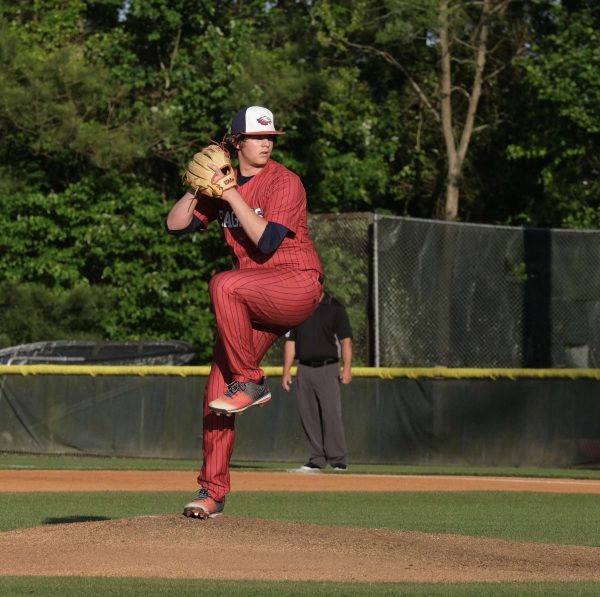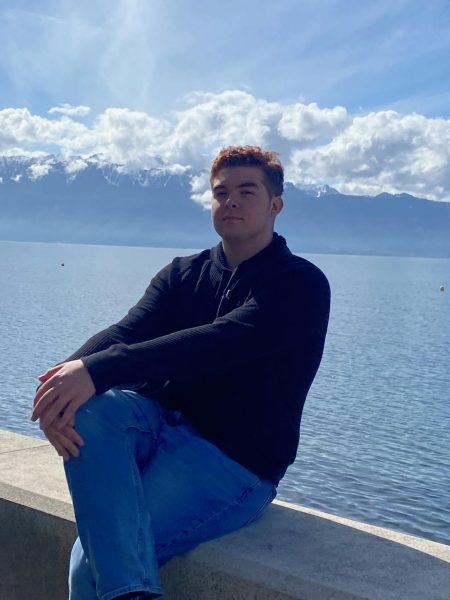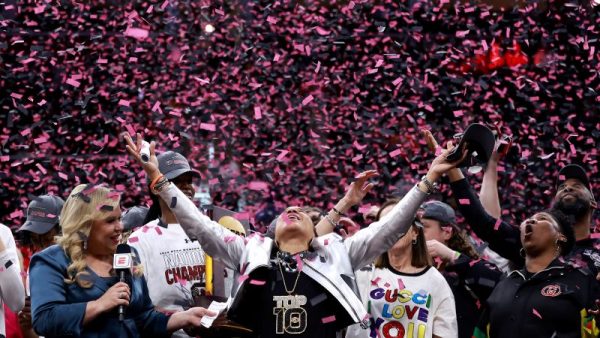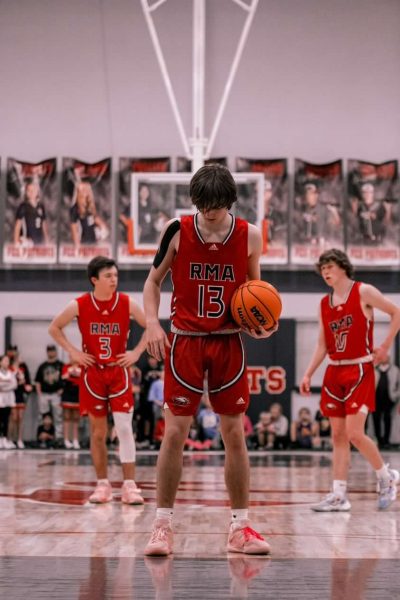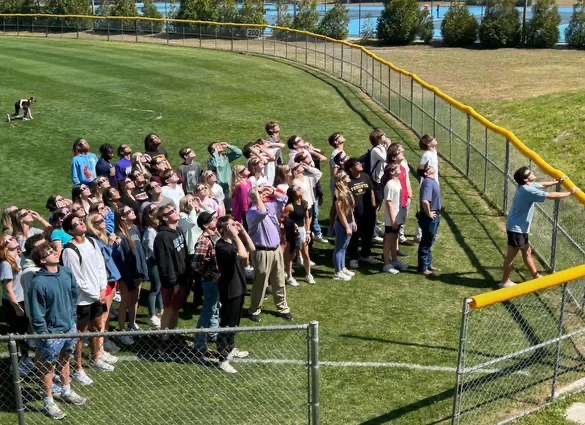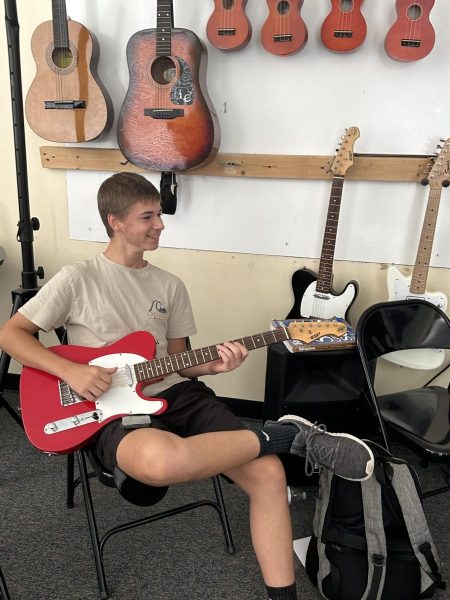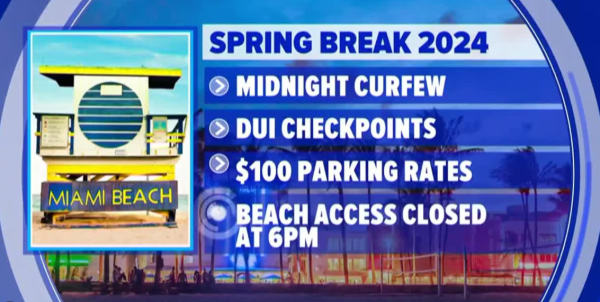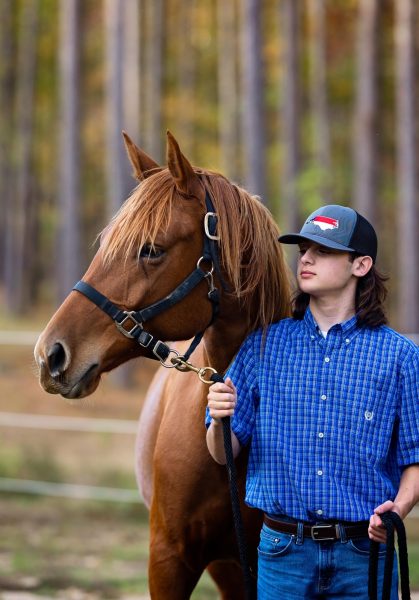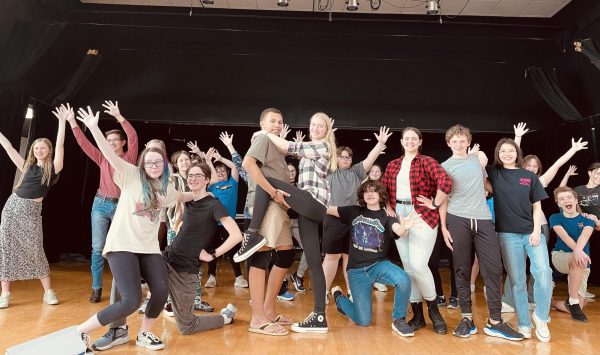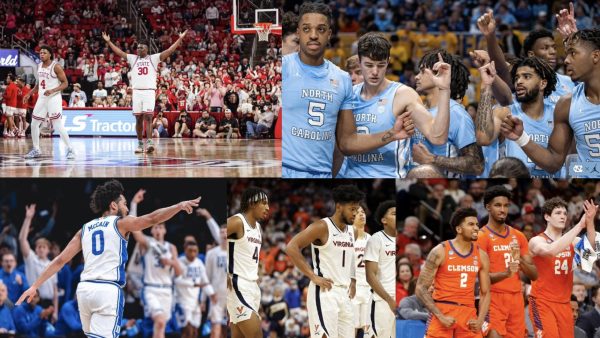Media Office’s Top 10 Required Reading Books
Every summer, Rocky Mount Academy students depart from campus in late May ready for a break from the academic demands of a busy school year. However after a month or two, we get the dreaded yellow envelope in the mail. Among the final grades, comments, and documents, is the most procrastinated part of every student’s high school career: summer reading. Even though students are required to read these novels, not all are so bad. Some books sneak up and surprise us with captivating storylines, dynamic characters, and compelling themes. Here are the Media Office’s top ten required reading novels, both of the summer and the school year:
- The Great Gatsby: Since turned into a blockbuster film featuring Leonardo DiCaprio, this already popular novel has received even more attention in recent years. Revolving around the tragic story of Jay Gatsby and his quest to rekindle an old flame with the beautiful but married Daisy Buchanan, the book touches on ground-breaking ideas such as betrayal, the decline of the American dream, and the power of wealth.
- Of Mice and Men: This book tells the story of Lennie and George, two life-long friends searching for migrant work during the Great Depression. The two settle on a cattle ranch, but dream of one day owning their own plot and working for themselves. This freshman year read is truly eye-opening with a shocking conclusion that resonates in readers’ minds for years to come.
- Animal Farm: Read during middle school grades, Animal Farm is most students’ first introduction to an allegory. In this story, a large cast of farm animals overthrows their owner, Mr. Jones, and take power over the organization and social structure of the farm. Under the leadership of the pigs, a series of reforms, elections, and rebellions take place, mimicking the Russian Revolution of 1917.
- Lord of the Flies: Written by William Golding, this novel tells the story of a band of adolescent boys following their plane crash on a remote deserted island. Focusing on issues like humanity and animalistic instinct, the novel is centered around the power struggle between Ralph and Jack, two crash survivors who hold radically different views on how the group should live.
- The Catcher in the Rye: Read during students’ junior year, The Catcher in the Rye follows the story of Holden Caulfield as he begins the school year at Pencey Prep. After being expelled, Holden spends his days and nights drunkenly exploring all that life in New York City has to offer, all while exploring the complex issues of identity and alienation.
- 1984: Classified a dystopian thriller, 1984 takes place in the fictional Airstrip One, previously the United Kingdom. An omniscient and controlling government stands in the way of protagonist Winston Smith as he works faithfully for the oppressive regime but dreams of a revolution.
- The Odyssey and The Iliad: Though written thousands of years ago, these two epics featuring the Trojan War (Iliad) and Odysseus’ journey home from the conflict (Odyssey) always seem to spark students’ curiosity for Greek mythology. Together these two selections help teach both eighth and tenth graders the ancient principles of honor.
- The Sun Also Rises: Written by Ernest Hemmingway, this novel is a favorite among the junior English classes. About a disillusioned war veteran and his wide array of equally shallow friends, The Sun Also Rises combines plain English with thought-provoking questions about the consequences of warfare.
- The Hot Zone: Required for Mrs. Lehnes’ biology class, this novel covers the discovery and initial outbreak of the Ebola virus. This novel has gained even more popularity at RMA since the recent Ebola outbreaks this year.
- Frankenstein: Written by Mary Shelley, Frankenstein is about Victor Frankenstein, an up-and-coming scientist fascinated with creating human life. Victor, however, ends up paying the ultimate price for playing God when his creature comes to life and embarks on a quest from revenge after his creator abandons him.







